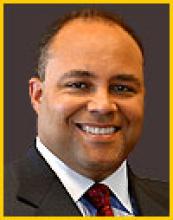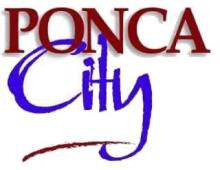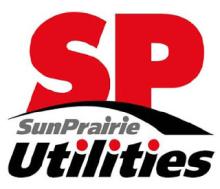Chanute City Commission Approves FTTH Plan
Chanute City Commission decided on June 9th to take the next step to bring ftth to the community; Commissioners voted unanimously to pursue and finalize funding to deploy a municipal network.
The City's current fiber network provides connectivity to schools, hospitals, electric utility and municipal facilities, the local college, and several businesses. Chanute has worked since 1984 to incrementally grow its network with no borrowing or bonding. Plans to expand the publicly owned infrastructure to every property on the electric grid began to take shape last year.
At a work session in May, Director of Utilities Larry Gates presented several possible scenarios, associated costs, and a variety of payback periods. The favored scenario includes Internet only from the City, with video and voice to be offered by a third party via the network. Residential symmetrical gigabit service will range from $40 - $50 depending on whether or not the subscriber lives in the city limits. Commercial service will be $75 per month. Advanced metering infrastructure will also be an integral part of the network.
The Commission authorized the pursuit of up to $14 million to get the project rolling.







